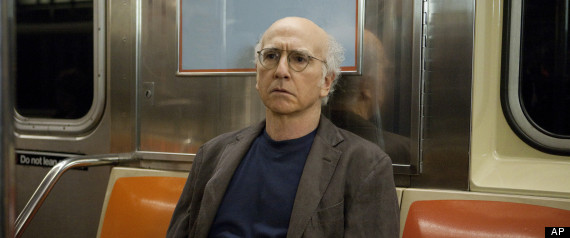RetroMcBananaFace
AKA: retrobanana
Offline
Since the other path was never taken, you don't really know if it was better or worse.
But that's the point, we want to know! Good or bad, we still want to know. Either to justify the good decision we did make, or to be able to find blame/fault in the choice that led us the wrong way.
But until we invent time travel or the Ghost of Christmas Past rolls through, though, we're stuck in our linearity.
The self-deception/rationalization bit is just another layer of that, IMO. That's just what we do to fill in the blanks.


